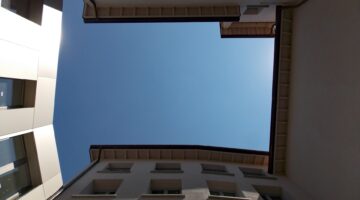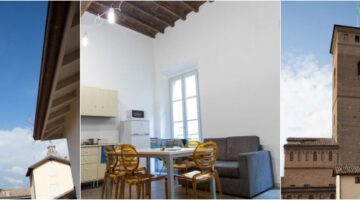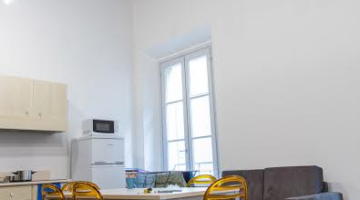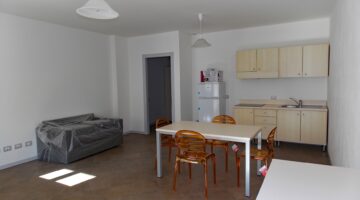



Palazzo del Carbone - Student Housing
Main objectives of the project
The Palazzo del Carbone stands as a testament to the revitalization efforts undertaken in Reggio Emilia's historical center, providing much-needed housing for the burgeoning student population attending the local university. This initiative, valued at 5 million Euros, was brought to fruition through a collaborative public-private partnership involving the municipality, Institute Immobiliare Italiano del Nord, the University, and ACER Reggio Emilia, the local public housing management entity.
Date
- 2014: Construction
Stakeholders
- Promotor: ACER Reggio Emilia
- Università degli Studi di Modena e Reggio Emilia
- Insitute Immobiliare Italiano del Nord
Location
Country/Region: Italy, Reggio nell'Emilia
Description
The Palazzo del Carbone, a historic edifice dating back to the 1500s-1600s, stands prominently in the heart of Reggio Emilia, situated within the Emilia-Romagna region of Northeastern Italy. Alongside notable landmarks such as Palazzo Busetti and Musei Civici, it has undergone extensive restoration and renovation as part of a city-funded project orchestrated by the Reggio Emilia town hall. While meticulously preserving its outward historical charm, the building has been repurposed to accommodate student living spaces and commercial units. This transformation has yielded 20 fully equipped apartments, boasting a total of 56 sleeping accommodations. Ranging from 50 to 120 square meters in size, the apartments offer rental rates starting as low as 160 Euros per bedroom or 320 Euros per unit, inclusive of common charges, elevator access, and wireless internet connectivity. Commencing in 2014 and concluding in 2016, this investment initiative has provided affordable, high-quality housing options for 450 students enrolled in the food innovation program and music school, hailing from 11 different countries.
One of the major innovations of the complex is to place a youth housing access project in the very heart of the city.

